Raw materials were so scarce that they even suspended the Reinheitsgebot:
"Use of Raw Grain in German Brewing. - In consequence of the scarcity of barley and malt in Germany, the prohibition of raw grain for brewing is to be relaxed in so far that husked and de-germed maize and rice screenings unsuitable for food are to be permitted as malt adjuncts. With a view to informing the German brewer of the character and treatment of these unfamiliar substances, Windisch, Grohn and Coblitz have contributed to the Wochenschrift fur Brauerei lengthy articles emphasising the necessity for investigating the method of using these grains with different qualities of: malt, the means of preventing yeast degeneration, etc., subjects which, as Petit observes, in Brasserie et Malterie,have been well known to brewers in other countries for many years."
Brewers' Journal 1921, Page 114.
But in one way German drinkers did fare better. As this article demonstrated. And I don't just mean they got free beer. German beer eventually returned to its pre-war strength, something that we're still waiting for in Britain:
"Pre-war Beer in Germany.—The return to the beer drinkers status quo, by which Munich citizens are enabled after a suspension of more than six years again to indulge in beer of pre-war strength, was joyously celebrated in the chief Lion Brew beer hall, says the Munich correspondent of the Daily Express, the mouth of a gigantic statue of Gambrinus, the beer-god, which had been connected with the cellars beneath, poured forth a continuous stream of beer for an hour, during which no charge was made for the refreshment. Numbers of well-dressed men and women, and even boys and girls, provided with mugs and vessels of all kinds, filed in and out of the building, and filling their vessels with the foaming liquor, drank to the god Gambrinus while they danced round in their joy."
Brewers Journal 1921, page 332.
Why should that be? Why did German beer get back all its strength when British beer didn't. I think it's connected with the German way of classifying and labelling beer. Schenkbier, Vollbier, Export, Bock and Märzen were defined in law as being in specific gravity bands. Whereas in Britain it was a free for all.
And then there's the taxation element. Not only were the wartime tax increases not repealed, beer duty was raised even more. I suspect that wasn't the case in Germany, though I don't have any figures.
That sounds like quite a party at Löwenbräu. Wish I could have been there.

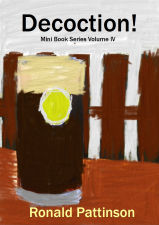



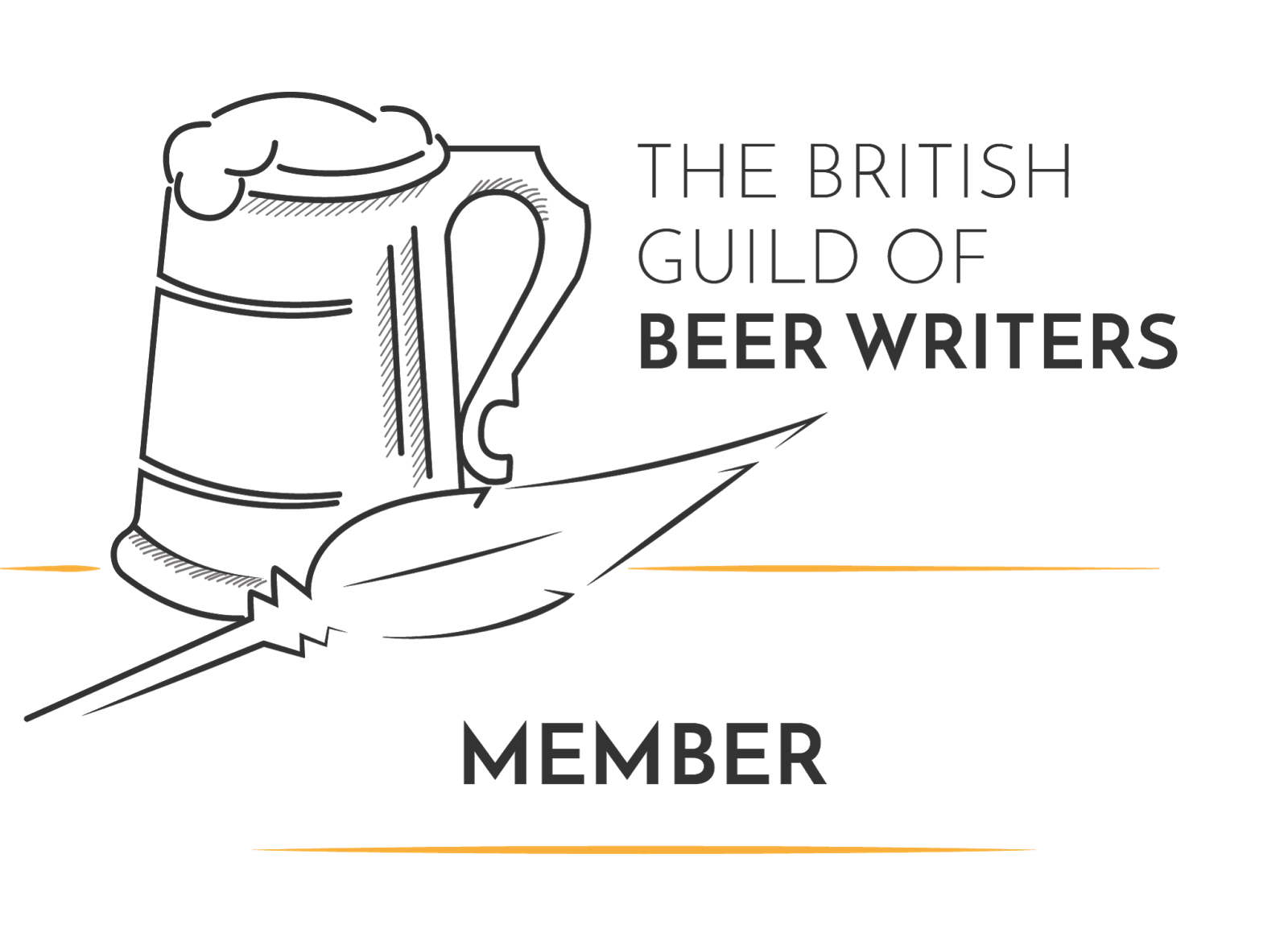









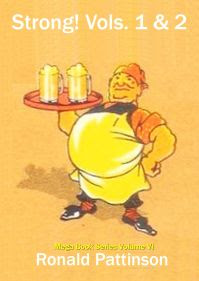


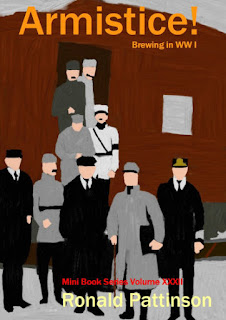
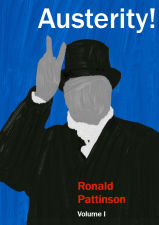




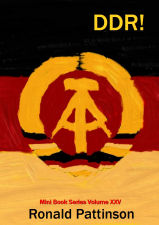


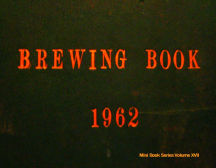
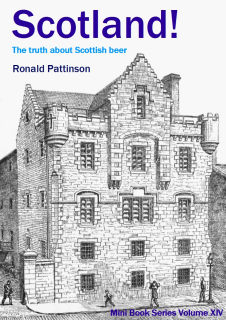
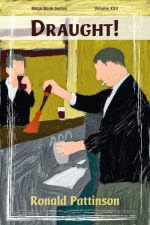



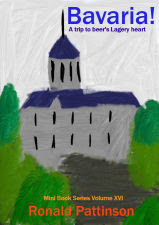

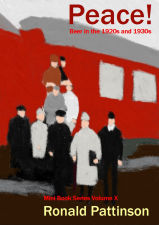



































2 comments:
Swedish beer dropped after WWI, not because we were involved in the war, but because of a prohibition referendum in 1922. Although the Swedes voted against the prohibition, several measures were introduced to lower the alcohol consumption.
One of them was a ban of beers stronger than 2.8 % ABV.
So from 1928 to 1956, the Swedish beer drinker could choose between three malt drinks: Svagdricka (a dark Saccharine-sweetned small beer) at 0.5-2%, Lättöl or Skattefri öl, pale lager at 1-2 % or Pilsnerdricka, a pale (or sometimes Vienna) lager at 2.8 %.
To correct my previous post: Pilsnerdricka was max 4 % ABV. However, it was common to brew it at 3.5 % for tax reasons.
Post a Comment